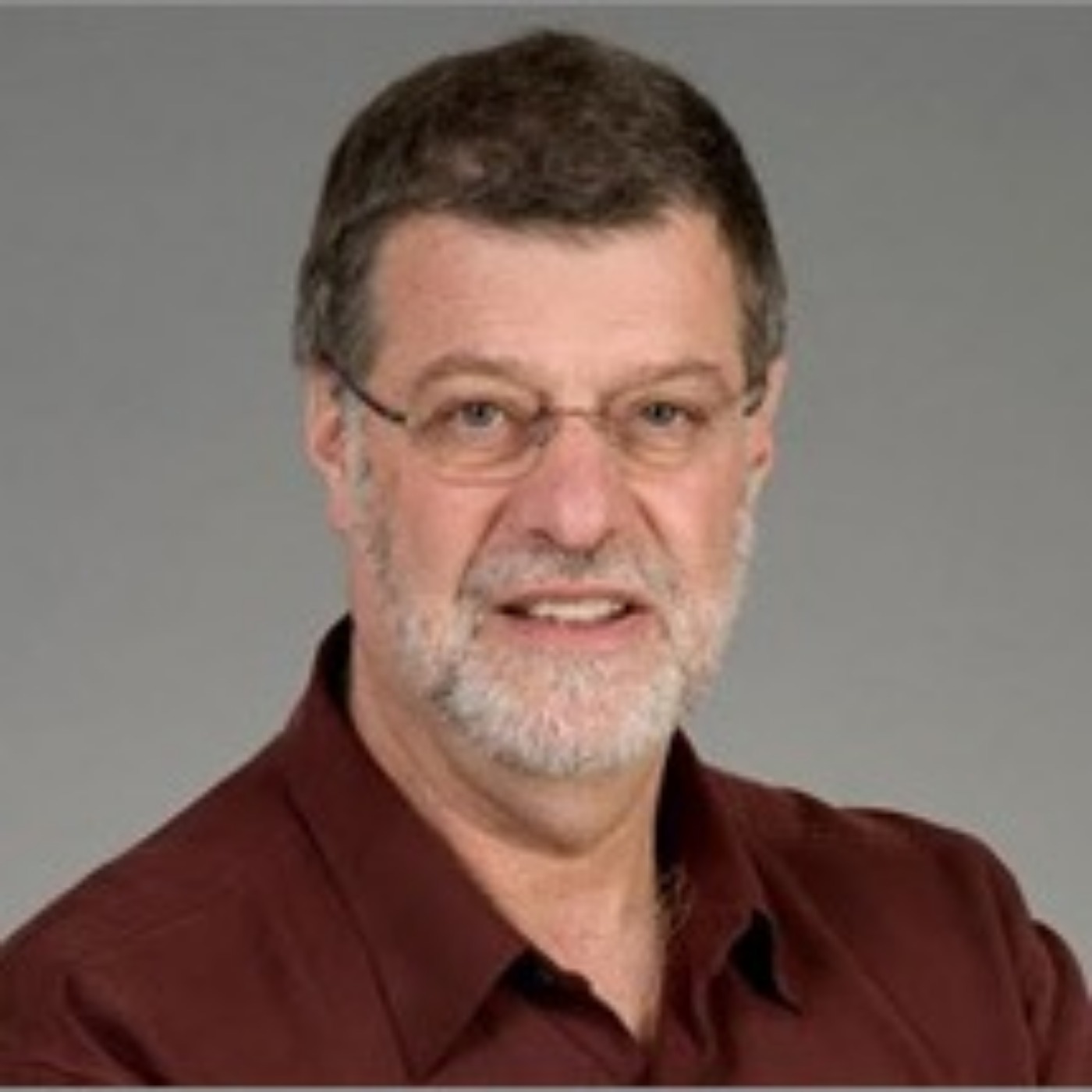- Health
- SEE MORE
- classical
- general
- talk
- News
- Family
- Bürgerfunk
- pop
- Islam
- soul
- jazz
- Comedy
- humor
- wissenschaft
- opera
- baroque
- gesellschaft
- theater
- Local
- alternative
- electro
- rock
- rap
- lifestyle
- Music
- como
- RNE
- ballads
- greek
- Buddhism
- deportes
- christian
- Technology
- piano
- djs
- Dance
- dutch
- flamenco
- social
- hope
- christian rock
- academia
- afrique
- Business
- musique
- ελληνική-μουσική
- religion
- World radio
- Zarzuela
- travel
- World
- NFL
- media
- Art
- public
- Sports
- Gospel
- st.
- baptist
- Leisure
- Kids & Family
- musical
- club
- Culture
- Health & Fitness
- True Crime
- Fiction
- children
- Society & Culture
- TV & Film
- gold
- kunst
- música
- gay
- Natural
- a
- francais
- bach
- economics
- kultur
- evangelical
- tech
- Opinion
- Government
- gaming
- College
- technik
- History
- Jesus
- radio
- movies
- services
- Church
- podcast
- Education
- international
- Transportation
- Other
- kids
- podcasts
- philadelphia
- Noticias
- love
- sport
- Salud
- film
- and
- 4chan
- Disco
- Stories
- fashion
- Arts
- interviews
- hardstyle
- entertainment
- humour
- medieval
- literature
- alma
- Cultura
- video
- TV
- Science
- en
Coordinated Activity and Quorum Sensing in BacteriaE. Peter GreenbergGreenberg Lab, University of Washington

Dr. E. Peter Greenberg is a professor at the University of Washington, where he runs the Greenberg Lab. His research revolves primarily around something you may not have even heard of: quorum sensing. Simply put, quorum sensing is the ability of an individual to sense how many of its kin are in its environment. Since an individual microbe such as a bacterium can\u2019t accomplish much on its own, having the ability to detect when it\u2019s in the presence of others of its kind is critical. \u201cWhen an individual bacterium first invades a host, it can\u2019t show all of its weapons until the troops have amassed\u2026and when there are enough bacteria to overwhelm the host\u2019s ability to respond, they coordinately generate these virulence factors,\u201d explains Dr. Greenberg. He goes on to explain how exactly bacteria detect the density of others in their environment and therefore respond in coordinated fashion at the appropriate time. On today\u2019s episode, he discusses the details of all this and more, including antibiotic resistance and the ability of bacteria to transfer genes from one to another, the effect of nutrient availability and temperature on bacteria, and how developments in this field could lead to therapeutic applications.
Tune in and visit\xa0https://microbiology.washington.edu/users/e-peter-greenberg\xa0to learn more.\xa0\xa0